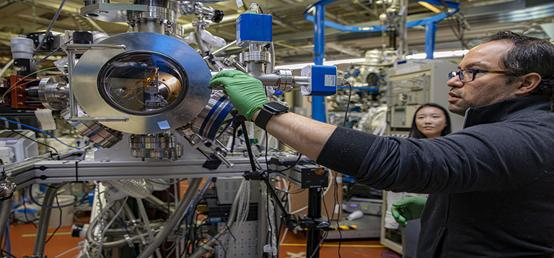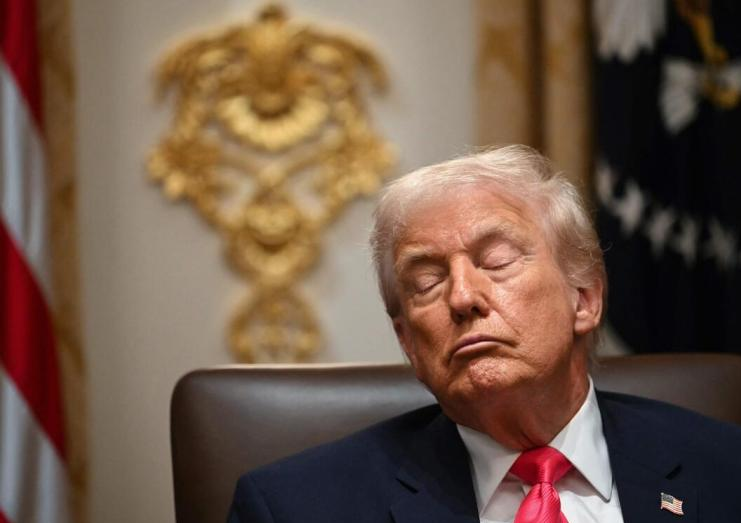
The Energy Storage Research Alliance will focus on advancing battery technology to help the United States achieve a clean and secure energy future. The US Department of Energy has announced the establishment of two new energy innovation centers. One of the national centers is the Energy Storage Research Alliance, led by Argonne National Laboratory and jointly led by Lawrence Berkeley National Laboratory and Pacific Northwest National Laboratory.
Firstly, to provide a scientific foundation for addressing the most pressing battery challenges in the United States, including safety, high energy density, and long-life batteries made from inexpensive and abundant materials. The main goal is to break through the boundaries of energy storage science, promote technological innovation, and enhance the economic competitiveness of the United States. The demand for high-performance, low-cost, and sustainable energy storage devices in the United States is on the rise, especially those that have the potential to deeply decarbonize heavy transportation and power grids. To achieve this goal, energy storage technology must reach an unprecedented level of performance, surpassing the capabilities of current lithium-ion technology. The key to achieving these transformative leaps lies in a solid foundation of scientific research and development programs.
Secondly, ESRA leverages decades of national investment in basic science to achieve transformative discoveries in the field of materials chemistry, fundamentally understanding atomic level electrochemical phenomena and laying a scientific foundation for breakthroughs in energy storage technology. The achievement of ESRA goals will lead to high-energy batteries that never ignite, can be stored for a long time, have a lifespan of several decades, and are made of inexpensive and abundant materials. The Department of Energy provides funding for ESRA up to $62.5 million for a period of five years.
On the other hand, Berkeley Lab's contribution to ESRA stems from its years of scientific leadership in energy storage research. Currently, the lab is focused on collaborating with national laboratories, academia, and industry partners to drive the country's transition towards a clean, affordable, and resilient energy future. Researchers from Berkeley Lab are working together to develop scientific and technological solutions to address energy storage challenges in materials, manufacturing, and system design. Laboratory scientists are accelerating the development of the next generation of batteries, including understanding atomic level basic battery processes such as how ions move and react.
In addition, as part of the global energy transition, many battery technologies are being introduced first, which can store excess renewable energy and promote decarbonization efforts in industries ranging from data centers to road transportation. The decarbonization competition has put serious pressure on the supply of rare metals and minerals needed for battery storage and other energy conversion technologies. A group of chemists at MIT aims to address the metal shortage in the electric vehicle industry by developing a lithium-ion battery that uses organic based cathodes to replace elements such as cobalt or nickel. Research has shown that the production cost of the new design is lower than that of traditional lithium-ion batteries, but its conductivity is similar to that of cobalt batteries.
Overall, efficient energy storage is an important component of our efforts to break free from long-term dependence on fossil fuels and embrace a cleaner future. Multifunctionality is the core of lithium phosphate ion batteries developed by technology startups. The battery holder can be used for camping vehicles, RVs, mobile homes, etc., providing a portable and sustainable alternative to diesel generators used for plug-in electrical power supply on the road. Adopting circular economy manufacturing methods, focusing on recycling and reusing existing battery components.

US President Trump still mocks his predecessor Joe Biden as "Sleepy Joe" to this day, but the 79-year-old Trump has also dozed off many times at cabinet meetings.
US President Trump still mocks his predecessor Joe Biden as…
At the beginning of December 2025, the US federal governmen…
On December 23, 2025, the deadline for the US Congress to a…
On December 2nd, local time, the three major US stock indic…
Recently, the Japanese food industry is undergoing an unpre…
Artificial intelligence has created a device that converts …